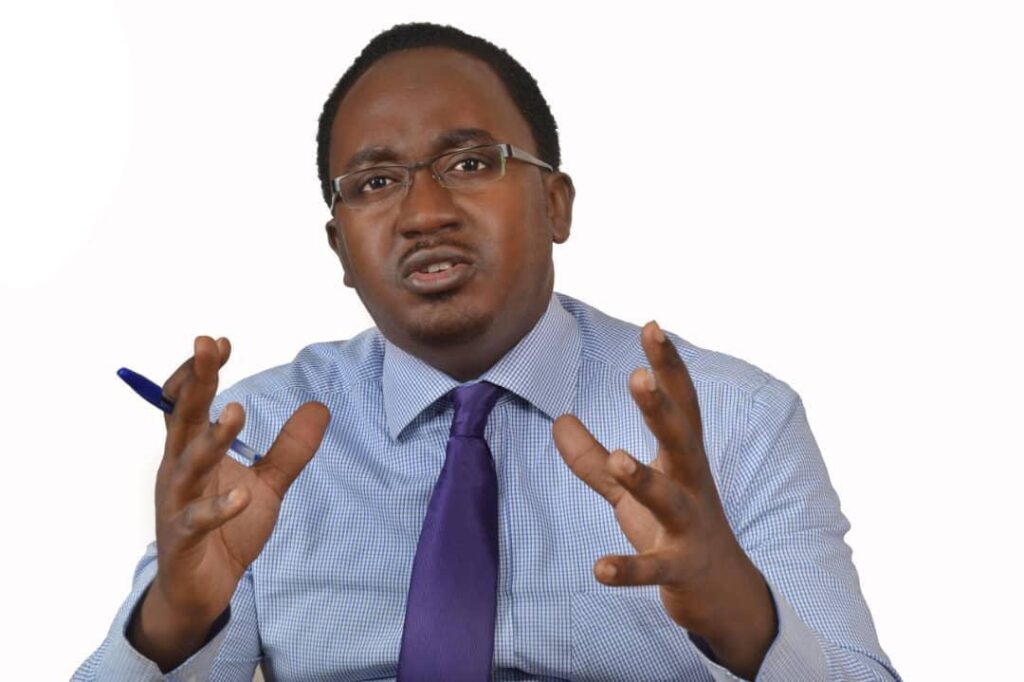By Crispin Kaheru
KAMPALA, UGANDA: 27 November, 2025- Uganda’s great political contest is probably not erupting in rallies or through slogans, it is unfolding quietly across village boundaries, homesteads and rising factory blocks. It is felt when a father divides his half-acre among five children or when a young graduate heads to Kampala because the soil at home can no longer sustain a dream or when a bulldozer carves a new industrial road through land where cattle once grazed. It is the story of land, not just as territory, but as inheritance, livelihood, identity and future. I can say with a fair degree of certainty that in 2026, the true winner will not be the one who speaks loudest, but the one who answers the question every Ugandan is silently asking around how we turn land from a survival asset into a prosperity engine. So, the contender who offers clarity on Uganda’s land future will not simply win votes, they will inherit Uganda’s tomorrow.
Clearly, as things stand, we are on a collision course. Rapid population growth, historical land fragmentation and fast-paced urban-industrial expansion threaten to converge into crisis. If subsistence agriculture continues unchecked, Uganda will require an additional 16,000 km² of agricultural land by 2040. This will have to be converted from grasslands and wetlands. And you know what this will do. It will fuel conflict, environmental degradation and could even affect investment. Today, over half of all agricultural land is acquired through inheritance, trapped in overlapping tenure that stifles commercial farming and institutional management. For a while now, we have owned land to survive, but we now must use land to thrive. Uganda must shift from “survival through possession” to “prosperity through purpose.”
The evidence is clear. Kampala (representing Uganda’s urban emergence) shows what order and planning can unlock. A 31% rise in paved road coverage since FY2021, 64 advanced traffic-controlled junctions, and a 53% increase in city revenue over 10 years with property rates contributing over 50% of collections. Urbanisation, when planned, becomes development strategy not disaster.
Contrast that with Nakaseke. In Nakaseke transformation is budding but constrained. With a youth-heavy population of 251,299 growing at 2.9% annually, 6,230 people employed in 87 factories, and an approved Physical Development Plan running to 2040, the area is ripe. But implementation struggles against weak infrastructure, waste management failures and inadequate community skill levels. The missing ingredients? Capacity, inclusion and partnerships. Nakaseke needs Public-Private Partnerships (PPPs) not as slogans but as engines.
Our industrialisation march adds urgency. Uganda currently hosts 690 companies across 13 national industrial parks, with 383 factories operational. In Kapeeka for instance, Liao Shen Park operates at 100% factory efficiency (32 out of 32). This is proof that where land planning meets investment and management, prosperity follows. But national growth is being built on unsynchronised land regulation, environmental oversight, and inconsistent human capital alignment. Industry cannot grow while land policy drags behind.
The next government must make land the nucleus of transformation. This means: consolidating land voluntarily and strategically, fast-tracking digital land demarcation and reforming tenure systems, harnessing urbanisation as a productivity accelerator, aligning industrial zones with logistics corridors, community engagement and environmental care and making human capital, not soil itself the most valuable land resource.
Embracing these reforms will turn land into the bedrock of industrial sovereignty, agricultural productivity, and social harmony. Whoever enters 2026 promising roads without a land strategy, factories without rural transformation, or prosperity without consolidation, is offering Uganda a raw deal.
The leader who understands that turning land into value is not about taking away, but about organising, empowering and modernising, will not just win an election, they will author Uganda’s next chapter. Because in the end, it won’t be the loudest campaign promise that shapes our destiny, but the one that dares to answer the people’s deepest national question: “How do we use the land that made us to build the Uganda we dream of?”
The author is a Democracy and Elections expert and Commissioner at Uganda Human Rights Commission (UHRC)
